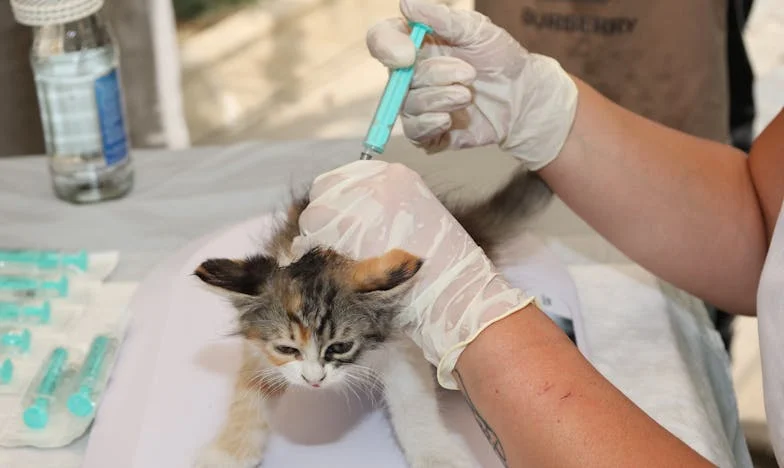Will You Take Me In? A Daughter’s Dilemma in the Suburbs
“Will you take me in?” My mother’s voice cracks through the quiet of my kitchen, her words heavy, hanging between the hum of the refrigerator and the tick of the wall clock. She stands there, coat in hand, eyes red from crying, the same eyes that used to watch me play in our backyard, now pleading for something I don’t know how to give. My husband, Mark, is in the next room, pretending to watch the Patriots game, the muffled cheers from the television a thin barrier between us and the truth.
I already know my answer. I just can’t say it. Not yet.
I’m 38. Married to Mark for fifteen years. We have a sensitive, clever twelve-year-old son, Tyler, and a tidy, sunlit house in the Boston suburbs. To anyone on the outside, we’re the picture of stability—soccer games, PTA meetings, grilling in the backyard on Memorial Day. But for years, there’s been a splinter in my life: my mother, Mary, and the cold war between her and my husband.
My mom has always been dramatic, a little too honest, a little too quick to judge. Mark says she’s manipulative, that she guilts me into things. He’s not wrong—she does. But he’s also never lost a parent, never worried about someone sitting alone at night with nothing but a cold dinner and reality TV reruns to keep them company.
Tonight, she looks so small. She’s been living alone since Dad died five years ago—her townhouse growing emptier each month, her health a little weaker, her calls a little more frequent. I’ve offered to set up help, to get her an aide or meals on wheels, but she always refuses. She wants me. She wants family. And I…
“Emily, I can’t keep living like this,” she says, voice trembling. “The nights are so long. I don’t have anyone. You’re all I have. Please, will you take me in?”
I hear Mark sigh in the other room, the sound of a can opening, the TV volume clicking up. He’s making his opinion known—again—without a word.
I remember the last time I tried to talk to him about Mom moving in. It was after her fall last winter, when she broke her ankle on the icy driveway. I sat across from him at the kitchen table, wringing my hands. “She can’t do this alone, Mark. She needs help.”
He pinched the bridge of his nose, not looking at me. “Em, we barely have space as it is. Tyler needs his own room. I work from home. And your mom is… well, she’s not easy. You know that.”
I did know that. I also knew what it was like to be the only child, to feel that pull of responsibility, love tangled up with guilt. When Mark’s parents needed help, his sister stepped in. I don’t have a sister. I don’t have anyone else.
Now, standing in my kitchen, I look at Mom’s trembling hands, the too-thin coat she refuses to replace. “Mom, it’s… it’s complicated,” I start, my voice barely above a whisper.
She looks at me like I’ve slapped her. “Complicated? Emily, I’m your mother. I raised you. I gave you everything. All I’m asking is for a little kindness in return.”
My face burns. “It’s not that I don’t want to help—”
“Then what? Mark won’t let you?”
It’s not that simple, but I don’t say it. Mark walks in, empty can in hand, and the tension spikes. “Emily, can I talk to you for a second?”
I follow him into the hallway, heart pounding.
“We’ve been through this,” he says quietly, eyes hard. “Your mom moves in, it changes everything. Tyler’s already struggling with anxiety. I can’t handle the drama, Em. I just can’t.”
A choked laugh escapes me. “She’s my mom. What am I supposed to do?”
He runs a hand through his hair. “There are other options. Assisted living, an apartment nearby, something. We can help her, just not like this.”
I want to scream. I want to tell him he’s selfish. But I also know he’s right. Our life is already stretched thin—my job at the library, his endless hours at his software startup, Tyler’s therapy appointments. But guilt is a heavy thing, and it doesn’t care about practicality.
Back in the kitchen, Mom is crying. I kneel beside her, taking her cold hands in mine. “Mom, I love you. We’ll figure something out.”
She pulls her hands away, voice sharp. “You’ve already figured it out. You choose him over me.”
“It’s not about choosing—”
She stands, angry now, tears streaming down her face. “You think you’re better than me, with your pretty house and perfect family. Well, I hope you never end up alone, Emily. I really do.”
She slams the door on her way out. The silence is deafening.
I sit on the floor, my heart pounding, tears stinging my eyes. Mark stands in the doorway, unsure whether to come comfort me or give me space. Tyler comes down the stairs, sleepy-eyed, sensing something is wrong. “Mom?”
I force a smile. “It’s okay, honey. Just grown-up stuff. Go back to bed.”
He hesitates, then hugs me tight. “Love you, Mom.”
Later that night, as I lie awake, I replay the moment over and over. Was there another answer I could have given? Am I a bad daughter for choosing my marriage over my mother’s loneliness? Or am I just another person caught in the impossible squeeze of loving too many people, and never feeling like it’s enough?
If you were in my shoes… what would you have done? Is there ever a right answer when it comes to family?
